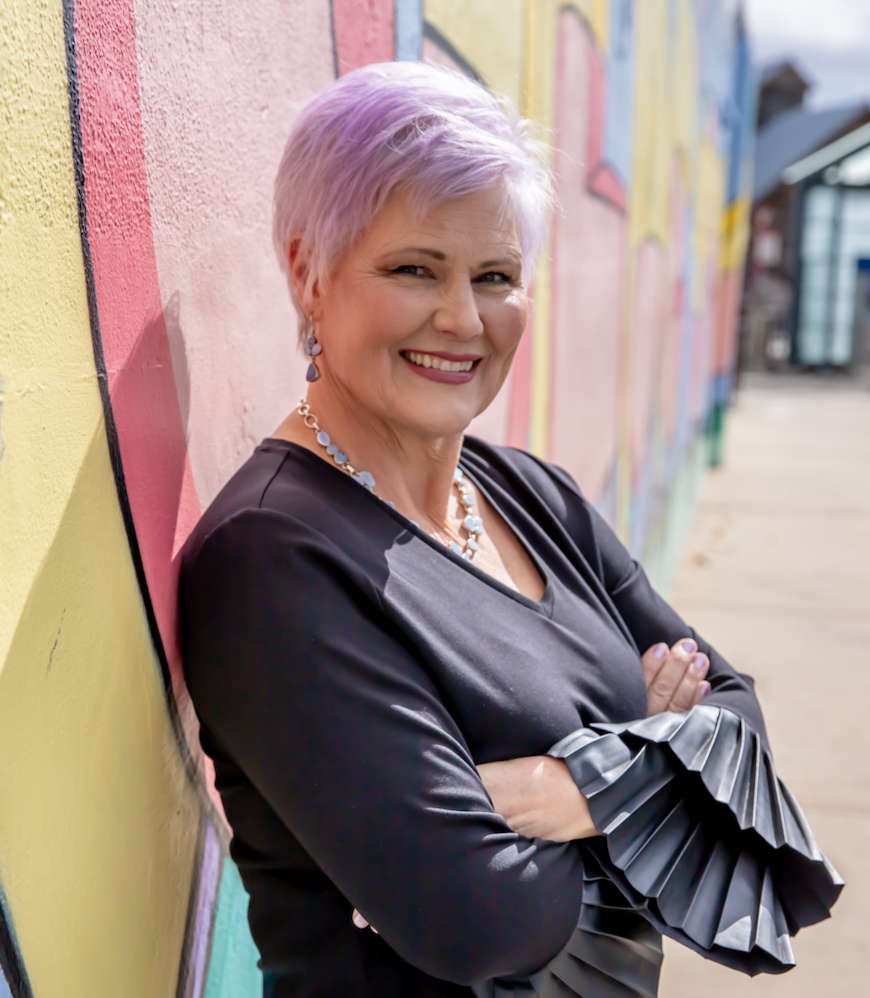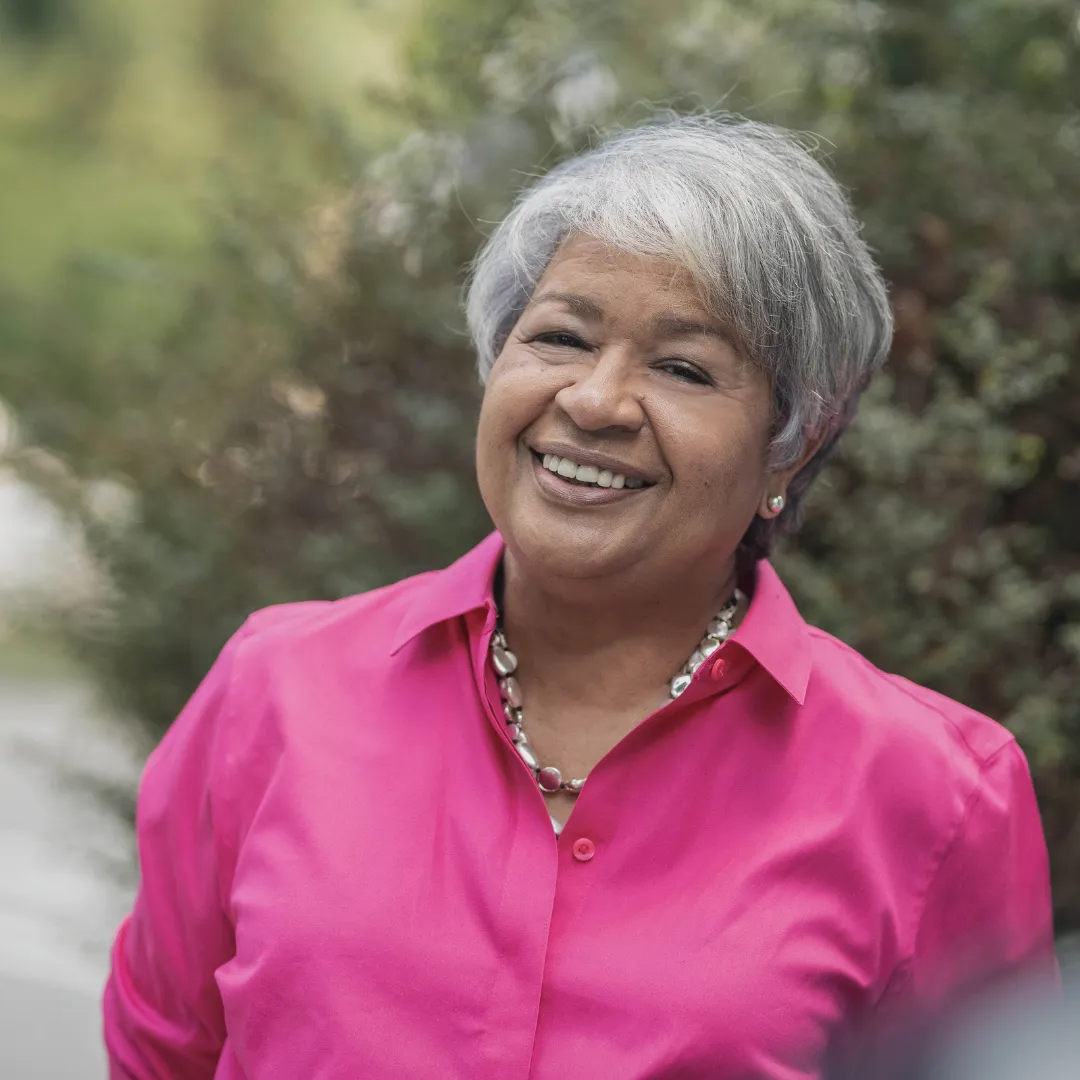Simplifying Estate Settlement
Compassionate Support &
Seamless Solutions
WELCOME TO
SELL POPS PLACE
Hi, I'm Nancy Hicks and you are at Sell Pops Place–a resource to make estate settlements easier! As an active, energetic realtor, I’ve watched clients in the same struggle over and over again as they try to settle an estate: overwhelm, confusion and trying to reinvent the wheel in an already emotional time. That's why I created Sell Pops Place–a one-stop shop for trusted professionals, practical tips, and solutions to make the process smoother, and definitely a little more manageable.
Whether you're here to sell a home, settle an estate, or just need guidance and a checklist, I’m here to help. You don't have to face this alone. Explore the site, share it with someone who could use it, and reach out if you need support. Let's take it one step at a time – together.
Cheers,
Nancy Hicks
Founder, Sell Pop’s Place

EXPLORE RESOURCES HERE
There are so many questions that come up when
settling an estate- we have your back.
What documents do I need to gather?
What tasks do I need to accomplish?
Who do I contact?
How do I know the professional I'm talking to is a good fit for what I need?
CLIENT STORIES
Navigating the Complexities of Estate Settlement

How Terry Overcame Legal Hurdles and Sold a Challenging Property.
Settling an estate can be overwhelming, as Terry discovered when he inherited his dad’s property. The house was in disrepair, and the cost to rehab it outweighed its market value. We connected Terry with investors who offered a fair price, arranged a roll-off company to handle debris, and negotiated favorable terms.
During the closing process, an unexpected legal issue surfaced: his late stepmother’s death certificate hadn’t been filed, and her estate wasn’t settled. We helped Terry secure a probate lawyer to resolve the issue. After six months, the legal hurdles were cleared, and Terry successfully closed the sale, ready to move forward with his life.

How did Sarah transform a lifetime of memories into a swift, profitable sale?
After her husband’s passing, Sarah decided to downsize from her home of 50 years to move closer to family. With no experience selling a home, she turned to us for guidance. We provided her with a comprehensive seller’s guide, which she used throughout the process. During a walkthrough, we identified minor updates to boost appeal, including tidying the yard, repainting, servicing the furnace, and cleaning carpets.
We also recommended home staging, explaining its proven benefits: staged homes sell faster and for higher prices. With her belongings cleared out, staging transformed Sarah’s home into a fresh, inviting space. The result? Her home went under contract within 24 hours, selling above the asking price. Thanks to clear updates from the title company, the closing process was seamless, and Sarah successfully started her next chapter.

How did Sarah transform a lifetime of memories into a swift, profitable sale?
"After her husband’s passing, Sarah decided to downsize from her home of 50 years to move closer to family. With no experience selling a home, she turned to us for guidance. We provided her with a comprehensive seller’s guide, which she used throughout the process. During a walkthrough, we identified minor updates to boost appeal, including tidying the yard, repainting, servicing the furnace, and cleaning carpets.
We also recommended home staging, explaining its proven benefits: staged homes sell faster and for higher prices. With her belongings cleared out, staging transformed Sarah’s home into a fresh, inviting space. The result? Her home went under contract within 24 hours, selling above the asking price. Thanks to clear updates from the title company, the closing process was seamless, and Sarah successfully started her next chapter.
Understanding the Estate Settlement Journey
Every estate settlement is unique, but these four general steps provide a clear roadmap to navigate this often complex process. (Disclaimer: The process may vary depending on individual circumstances.)
CONSULT
Scheduling a consult is the recommended first step. Understand the estate’s specifics, review assets, and outline the settlement process with clear expectations.
COLLABORATION
Collaborate with attorneys and financial advisors to manage probate, gather key documents, and address legal requirements.
THE PROPERTY
Assessment and Strategy. Evaluate property assets, determine next steps (sale or transfer), and implement strategies to maximize value.
NAVIGATION
Probate and Closing of the Estate. Handle probate logistics, ensure communication with all parties, and finalize the process with professionalism and care.
Get Nancy's Newsletter!
Recommended estate professionals, highlights of local non-profit organizations, market updates,
local events and tools for handling the settlement process
Settling Estates, Simplified:Your Single Source for Seamless Solutions.
One site, one point of contact to find help with all of the details required to settle an estate.

© 2025 | Privacy Policy
(720) 255-3595
